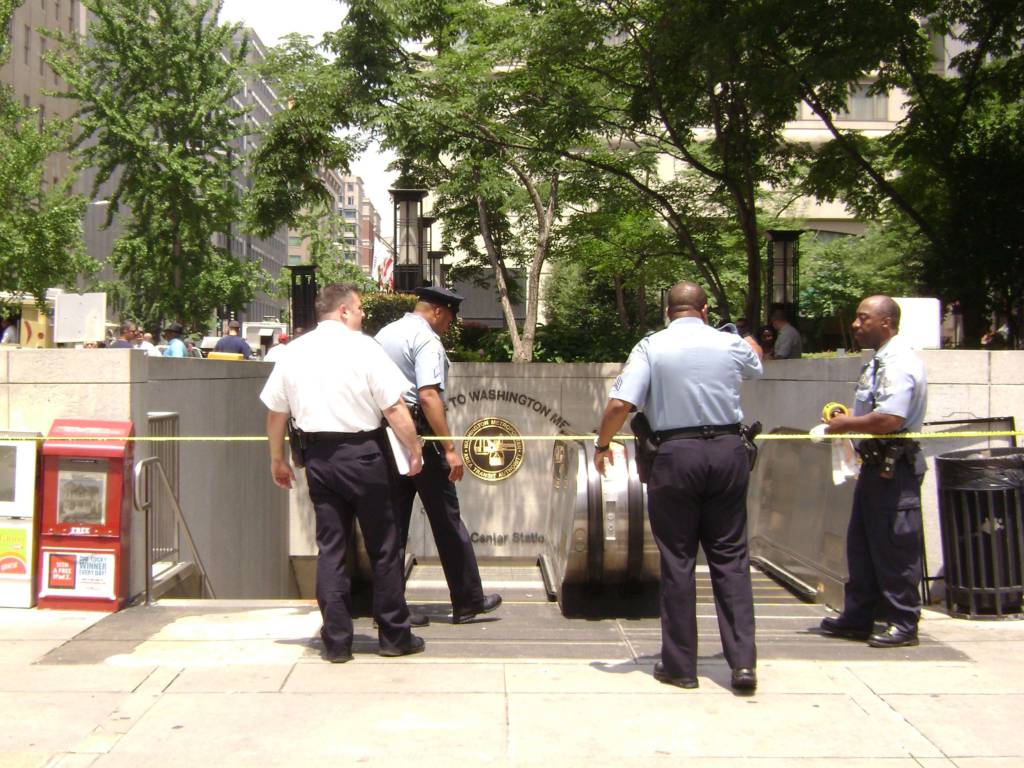Occupy DC protesters may be familiar with a District law that criminalizes sleeping in public spaces. It is, after all, one of the main reasons the once tent-laden McPherson Square was raided in February when police stormed the park, seizing sleeping bags and pillows.
But for DC’s homeless population, the no-sleeping law is a nightly reminder of the challenge of living on the street—a challenge often made more difficult by municipal governments attempting to “beautify” or tighten the security in certain areas.
The ban is just one of several more “acts of living” laws, which frequently also prohibit panhandling and in some cities even include bans on eating and sitting in public spaces. Unsurprisingly, the laws almost exclusively target the homeless.
But on April 9, two federal agencies released a report detailing alternatives to criminalizing homelessness. The report, co-authored by the United States Interagency Council on Homelessness and the U.S. Department of Justice, proposes creating systems of assistance that integrate housing and services, with particular emphasis on the provision of behavioral health
resources. It also encourages city governments to work with local businesses, schools and nonprofit organizations in developing and sustaining programs for the homeless.
This is the first report on criminalization to be released by the federal government.
The 53-page text is divided into three “solutions,” the first of which encourages communities to develop comprehensive “systems of care.” Exploring a series of case studies, the authors briefly mention the District’s own DC Central Kitchen, named as a model of “communitywide coordination” in food sharing.
Urging collaboration between service providers and law enforcement, the report also praises DC’s Downtown Homeless Management Team, which is funded by downtown property owners and manned by Pathways DC.
The final solution, and perhaps the most progressive, offers alternative justice system strategies meant to reduce the link between homelessness and problems associated with incarceration. The report specifically notes the ways in which mental illness and substance abuse can leave one-time offenders vulnerable to homelessness and re-incarceration. In response to this issue, the report recommends the provision of so-called “problem-solving courts” which offer treatment and supervision instead of jail time.
“Individuals with links to the mental health system had considerably higher proportions of shelter stays and re-incarcerations,” reads the report.
Still, the government has yet to take any specific action in support of the recommendations, though the President’s budget for the 2013 fiscal year does protect funding for existing programs serving the homeless.








